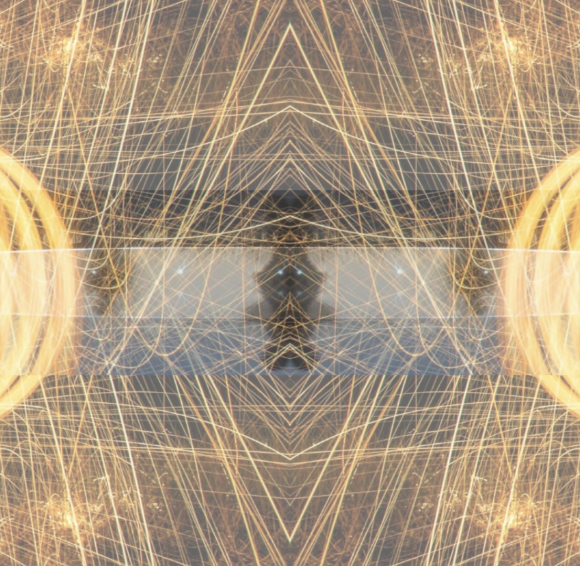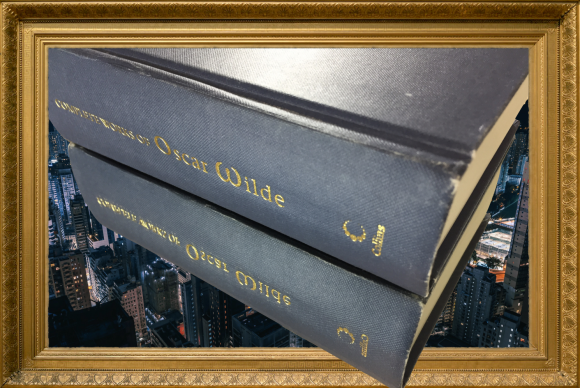Hillman is one of the most original and interesting writers in the tradition following Jung, and I have spent quite a few pages on this blog discussing his work already. Naturally, this means I have to combine several of his ideas and theories, which are distributed over multiple books, in order to gain a consolidated understanding. But there is a danger in this, too: Hillman’s work, as anybody’s, was accumulated over decades, and his views, like everyone’s, have shifted and changed — sometimes subtly, sometimes seismically. And sometimes, in his later work, he tries to re-interpret (or reframe) his earlier writings in order to make them consistent with his later views.

Now that is a problem that one faces with any thinker: should we assume that the later Hillman is the wiser one, and follow him in his change of view? Might we decide to hold on to his earlier views, refusing to side with the later re-interpretation? Or should we attempt to gain a synthetic (historical, neutral, …) point of view that somehow allows us to have our cake and eat it, too? (When I studied philosophy, one of my mentors told me to only read the first, or “A“ edition of Kant’s Critique of Pure Reason, and completely ignore the Prolegomena and the “B” edition, since that was “practically an entirely different philosophy”, and in my mentor’s view at least, a weaker one. Similarly, of course, there are still those who believe that only Plato’s early dialogues express the “truly” Socratic teachings whereas the middle and late dialogues are entirely un-Socratic works of Plato himself.)
With Hillman, the crucially problematic topic in this respect is the thematic complex of a “purely psychological” form of existence. I have already mentioned that this can be read as programmatic in the sense that “soul-making” might be understood as a kind of telos in the mould of ancient eudaimonistic ethics (which I think is a fascinating notion in itself); and just recently I have started exploring the connection between this idea and the mythical underworld imagery Hillman connects with it.
That, of course, is based on Hillman’s early work, particularly The Dream and the Underworld, his Re-Visioning Psychology, and on select passages in The Myth of Analysis and the Anima book (“An anatomy of a personified notion”). I have also drawn on Stein’s In Midlife, and the notion of liminality developed there (although Stein is less radical than Hillman), and of course we can find much in Jung’s work (particularly his autobiography, and the notion of the “symbolic life”) which is easily understandable as precursor of the idea.
But we must also understand that to develop these ideas (i.e., ideas of a purely psychological existence as telos of an actually lived life) means to depart from what Hillman himself, in his later work, has recommended. Looking back, in the afterword of Suicide and the Soul, he writes from a position where he wants “to correct the […] opposition — between soul-making and living life” (p. 152), and he reasserts the claims of the the social world, or the “collective” (as Jung would have called it), over the individual’s choice.
That is disappointing in some sense. Perhaps some of that disappointment is behind a sentiment among Jungians who think that Hillman, having rejected Jung’s idea of an individuation process at the root of analysis, shouldn’t actually be counted among Jungian views at all (having deviated so much from a central idea).
Moreover, the argument here is embarrassingly shoddy. Just consider: although Hillman acknowledges the pull from Jung’s “inspiring philosophy of the Self and its radical individualism”, he then goes on to point out that “[i]ndividualistic attitudes deriving from these philosophies insult the public sphere” (ibd., 154). Here he simply sides with the social world and its claims on the individual, and in doing so assimilates Jung’s view with existentialism (which, at the time, was not just a philosophy but also an intellectual and political movement), naming Sartre and Camus in particular. And then he engages in some embarrassingly cheap psychoanalyzing of those authors:
Of course, Jung and the French writers were down on the collective. They had just come through World War II with its mass horrors, collaborators, SS, and death camps. (Ibd.)
But this is ridiculous. As Hillman should be well aware, Jung’s choice of the “collective” terminology was already well established in the Two Essays (1928) and even in its precursors (1916, compare e.g. GW VII, §465). And to understand Jung’s philosophy of the Self simply as a reaction to upheaval and atrocity in the external world ignores everything Jung so consistently expressed about the importance of the inner world, too (which I’ve already quoted at some length here). (Even the French existentialists were building on a philosophical tradition that had roots far ahead of the wars in the first half of the 20th century.)
In the case of Hillman, then, it seems to me that his later work, with its attempted self-reinterpretation, is more a hindrance than a help towards a deeper understanding of those earlier ideas.



